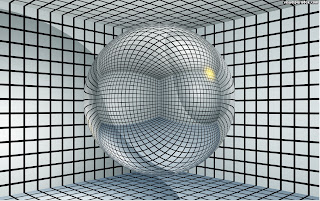 |
| Things are not as they appear, nor are they otherwise. |
Birds and thoughts fly through the sky of mind. When they are gone we’re left with the sky of wisdom and compassion.
Tuesday, September 3, 2019
Lessons from a hurricane—The great paradox.
What is this “day of the Lord?” Many would argue it is the final day of reckoning when we must stand before God and be held accountable for our actions. Judgment seems to be the ultimate form of justice that will at last prevail, or so we’ve been led to believe. However, there is an alternative that is worth considering.
While in such a state of mind, we are sure that, given our sense of self as unique and special, we are above the suffering of others. But all too often, we make choices we are not proud of because we misidentify as someone unworthy, far beneath the unrealistic standards of perfection we set for ourselves. Or we may do the opposite and imagine that we alone are superior. The moment we awaken from our sleep of self-centered ignorance is our personal day of reckoning, our “day of the Lord.” At that very moment, we discover that we are no more special than anyone else, yet they and we are pure of heart. Before that moment, we lived in a state of complacency and delusion, sometimes called normal.
Labels:
attachment,
awaken,
bliss,
causal linkage,
clinging,
conditional,
craving,
crisis,
ego-centric,
eight-fold path,
emancipation,
enlightenment,
fear,
ideologies,
Ignorance,
perfection,
reality,
transformation,
wisdom
Subscribe to:
Post Comments (Atom)
No comments:
Post a Comment